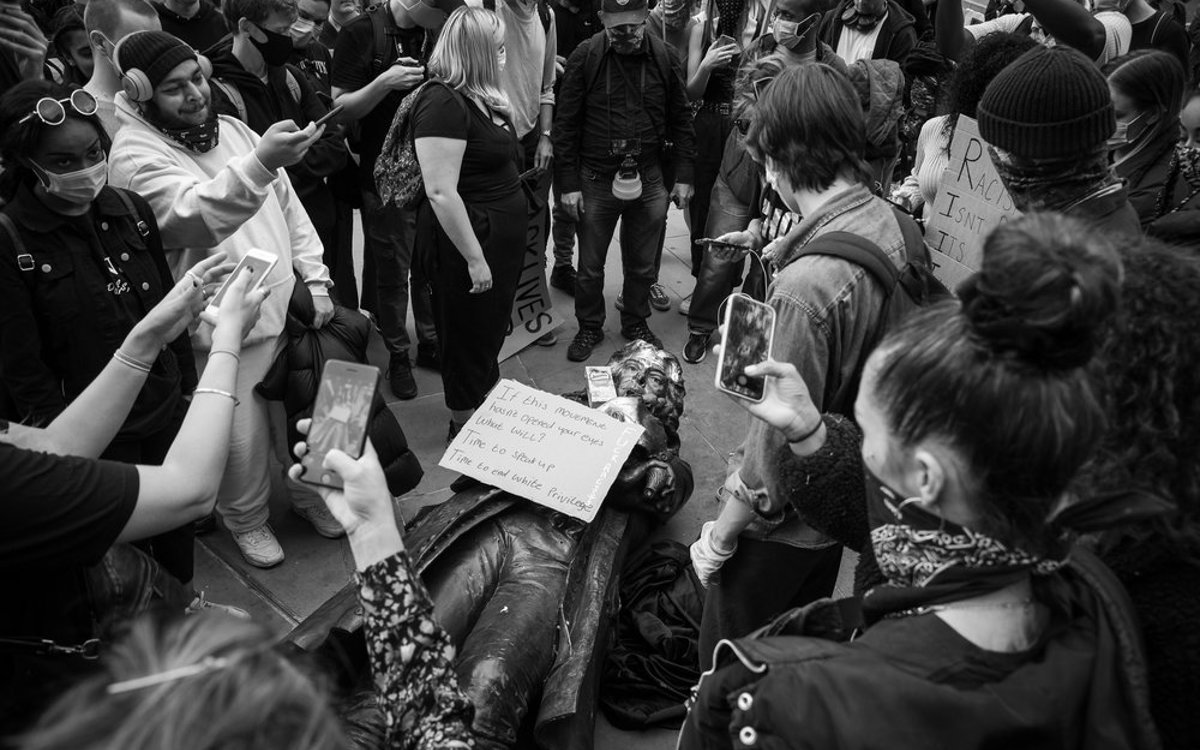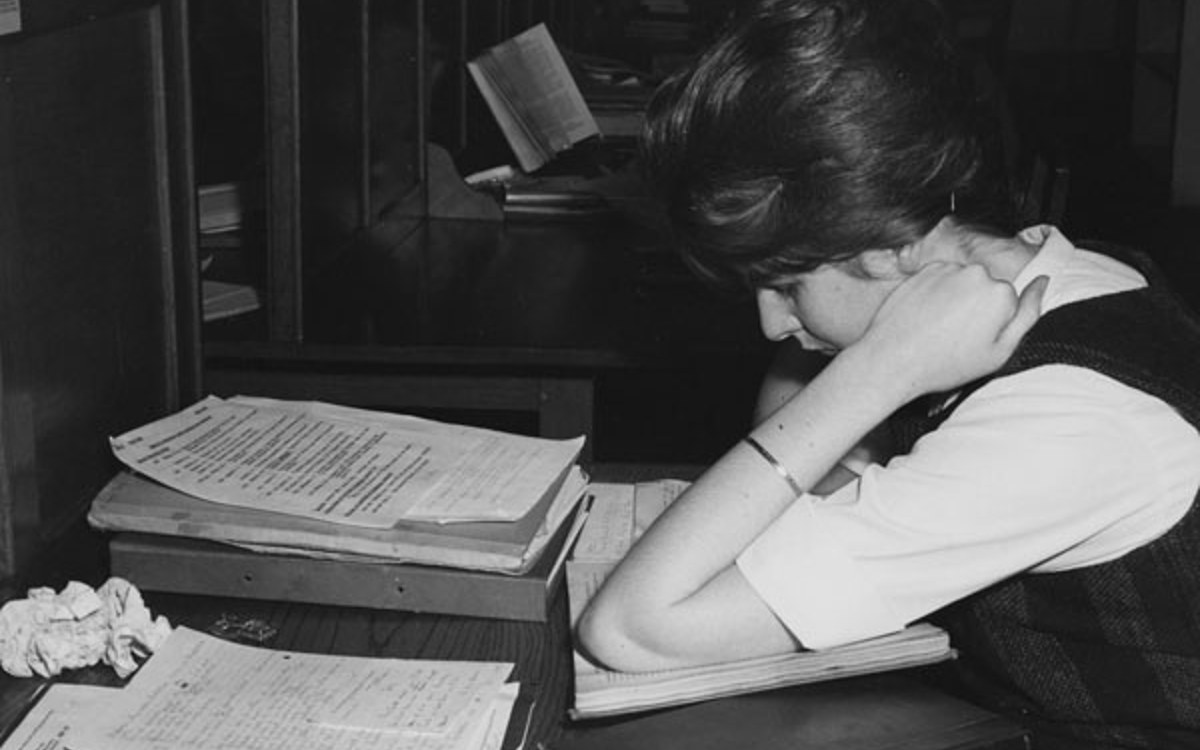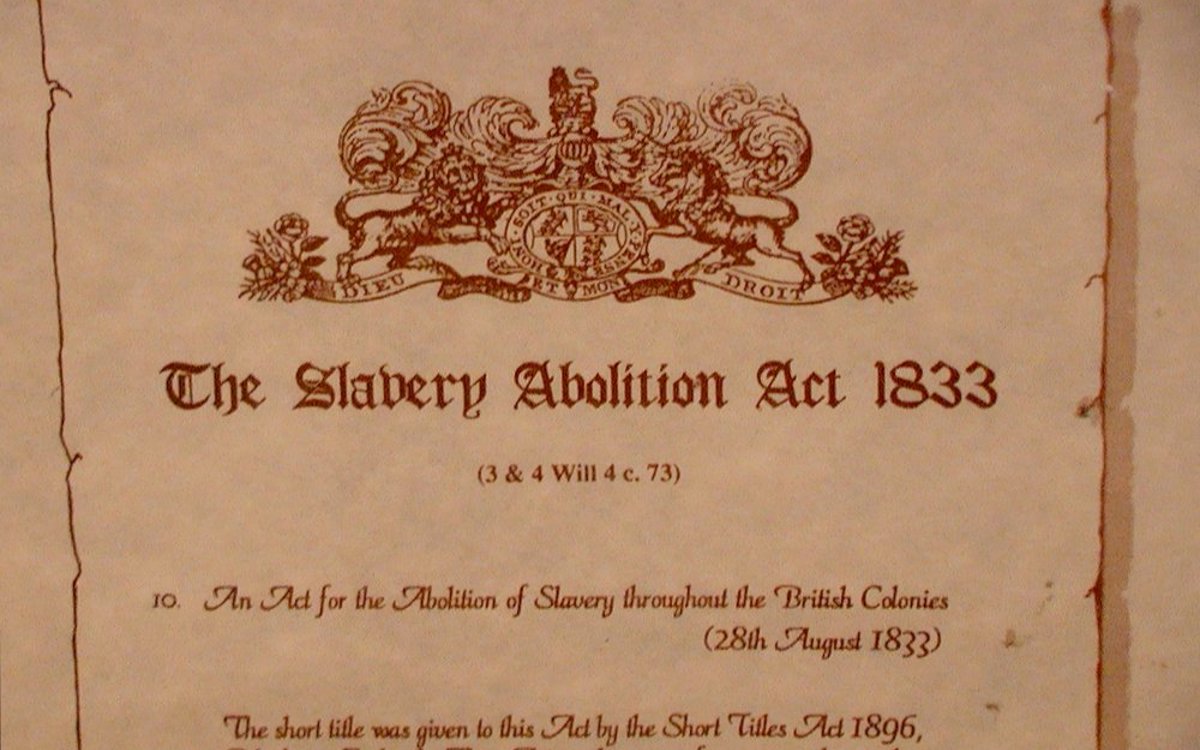Understanding how the world was configured is a vital first step in addressing inequality and injustice. By Gurminder K Bhambra, University of Sussex, UK

Last year saw the global resurgence of Black Lives Matter movements. These took place in the midst of a global pandemic that has had a disproportionate impact upon Black and minority ethnic populations in the global north. There is a new reckoning with inequality and how it is understood as a product of historical processes of colonialism and empire.
This has perhaps been most vividly illustrated by the toppling of statues and wider discussions about how history is publicly represented. At the same time, a number of movements and campaigns have coalesced under the term ‘decolonising the university’. These have included movements such as Rhodes Must Fall and Fees Must Fall in South Africa, as well as Rhodes Must Fall Oxford in the UK, and broader movements for curriculum reform across a variety of countries. This, in turn, has provoked media commentators, politicians, and academics to warn against the threats posed to the very foundations of western civilisation and its institutions if such calls are heeded.
In response to the toppling of the statue of Bristol slave trader Edward Colston, the UK Prime Minister, Boris Johnson, said: ‘We cannot now try to edit or censor our past. We cannot pretend to have a different history’. Yet in Johnson’s own book about Winston Churchill, there is no mention of the Bengal famine of 1943 in which over three million people lost their lives and which was a direct consequence of policies enacted by the British government. As such, I would suggest that calls to ‘decolonise’ are resisted not so much because they ‘erase’ history as that they seek to draw attention to omissions or misrepresentations within its telling.

Arguably, it is the highlighting and redress of such omissions within our historical understanding that concern those objecting to such moves. This is also evident in the backlash against the Colonial Countryside project directed by Corinne Fowler, which seeks to uncover and discuss the colonial histories of English country houses. Indeed, it is quite illuminating how quickly and how intense the pushback against any call for change has been. This is as true of calls for change within the university.
The university, argued philosopher John Dewey, is a vital repository of the common learning of communities. If we accept this understanding of the university then we should also recognise that, as those communities change, so our understandings of the present and the past are also transformed. What people seem to be concerned with, then, is the changing composition of the communities that universities serve as much as challenges to standard accounts of the past. Let me use gender here as a way to illustrate the issues and point to how such concerns are longstanding. While I will focus on the UK, I suggest that the arguments I make are pertinent across a variety of sites.
When universities in the UK opened up to women in greater numbers in the period after the second world war, and especially after reforms which created a system of mass higher education in the 1960s, one of the first things that women noticed was that their voices, contributions, and experiences could not be found in these institutions. For many female scholars, this absence required address. In terms of the curriculum – of knowledge production – this was done by seeking to identify women as both the objects and subjects of research and by arguing for the inclusion of a feminist perspective across disciplines and other areas of study. They addressed both what was to be taught as well as who should teach and, in the process, changed these institutions.

Within the UK, few would suggest that universities and their curricula are being distorted or disfigured by the inclusion of women and feminist perspectives (although there have been significant moves against the teaching of feminism and what is termed ‘gender ideology’ in a variety of countries). So, what are we to make of those who criticise the call to decolonise our institutions?
Just as some men found gender equality a challenge to their sense of self, it is not surprising perhaps that those whose sense of self is intimately tied to the idea of empire having been a force for good in the world are unsettled by arguments to the contrary. In this context, what I find surprising is how they locate such arguments as forms of identity politics when it is quite clear that the only politics of identity being peddled here are their own.
To take one example from the history of British empire, commentators discussing the historical trade in human beings can often be heard to say, ‘yes, that was bad, but we did abolish the trade’. It is correct that Britain did abolish the trade, after over 200 years of profiting from it, but this is not the only thing that was done. The Legacies of British Slave Ownership project brought to our attention the fact that Britain also paid compensation of £20 million – an estimated £16.5 billion in today’s money – to those who had lost property in the process. Just to be clear, enslaved people were not compensated for their loss of liberty; rather the people who had owned other people as property were compensated for their loss. This money was used to fuel the industrial revolution, build country houses, and endow public schools, university colleges, and art institutions, among other things.

In February 2018, the Treasury rather ineptly tweeted that ‘we’, that is British taxpayers, did not finish paying off the bond that had been raised to pay out this compensation until 2015. Yes, current taxpayers, and their parents and grand-parents and great-grand-parents – not just in the UK, but across its imperial provinces – paid through their taxes to compensate British slave owners and their descendants for ending the abomination that was slavery. This fact rarely makes it into standard discussions of abolition. How might it have an impact upon debates around the public representation of history if it was more widely known?
Decolonising knowledge production, I suggest, is about transforming the ‘common sense’ narratives we have about how the world we share was configured. If we do not adequately understand the shared histories that produced us, we have no hope of constructing politics that will effectively address the many challenges we face. Standard philosophies of science argue that knowledge proceeds through changing previous ‘selections’, opening up to new ‘objects’ of inquiry, and reconstructing concepts and categories to provide new understandings of what we thought we knew. ‘Decolonising’ knowledge production, then, is properly thought of as integral to what constitutes the very meaning of a curriculum.
Gurminder K Bhambra is Professor of Postcolonial and Decolonial Studies at the University of Sussex, UK, and co-editor of Decolonising the University, published by Pluto Press. She is also co-author of Colonialism and Modern Social Theory, which will be published by Polity in 2021.
Images (from top): A crowd surrounds the fallen statue of slave trader Edward Colston during the Black Lives Matter protest in Bristol, UK © Keir Gravil, licensed under CC BY-NC-SA 2.0. Female student in 1964, courtesy of LSE archives. Image of Slavery Abolition Act 1833 by Wreford Miller via Flickr, licensed under CC BY-NC-ND 2.0
